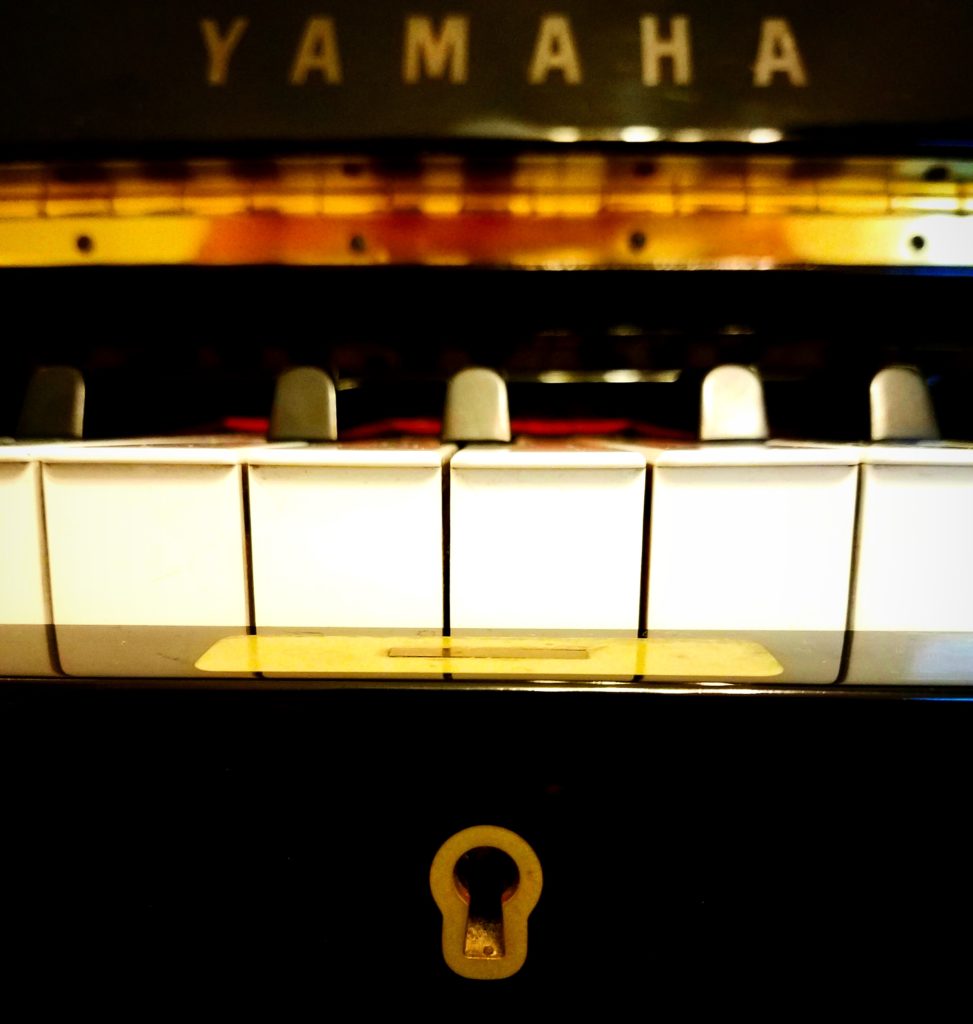This is the first in a series of posts I’ll be doing about practicing.
The questions I’m most commonly asked are about practicing. How often should I practice? How long should I practice? When will I be good enough to not have to practice anymore?
In a nutshell, you should practice as often as possible for as long as you can sustain focus. As for the last question? Well, the truth is that the better you get the more you realize how much you need to practice.
Let’s look at it from the perspective of people who are extraordinary athletes. Do you think that the players in the top teams sit around all day until it’s time to play a game? No, of course not. They train independently, and they all practice as part of their teams. But, why? They’re already at or near the top of their abilities, can’t they just use what they’ve already learned?
Nope. Because there is always room for refining and improving.
It’s the same for a pianist. You never get so good that you don’t need to practice anymore. Sometimes people are surprised when I tell them that if I don’t practice for a few days, I definitely feel it in my playing. “But, you’ve been playing forever! What’s there left to practice?”
Ummm, everything? Technique can always improve, I want to learn pieces I don’t know yet, I practice my improvising – there is so much to practice.
And, if you want to do nothing more than maintain your skill level, you still need to practice. That’s just the way it is.
There’s a famous story about an interviewer asking Pablo Casals, one of the most accomplished cellists who ever lived, why at the age of 83 years, he still continued to practice 4 or 5 hours a day. His answer?
“Because I think I am making progress.”
So, how often should you practice?
Well, that depends. How good do you want to get?
Seriously. I’m not trying to be cute here. The more attent
Daily practice is ideal. If that’s not doable, then as often as possible, but try not to go more than a couple of days without it. Often, people think that if they can’t devote an hour or two, then there’s no point to practicing. But, even if you just sit at the piano for a few minutes, it can still be a worthwhile use of your time. The more often you practice, the more you reinforce all the many processes that come together when you make music. So, you have 15 minutes before you have to leave for dinner? Instead of scrolling through Facebook or Instagram, sit in front of your piano and do some work.
Ideally, every time you begin a practice session, you will set a goal and meet it. That might take you 10 minutes, or it might take an hour. It doesn’t matter. Every practice session doesn’t have to involve epic goals. Maybe sometimes your goal will be to just enjoy playing a piece of music, or let your fingers move aimlessly on the keys, discovering what different sounds you can make.
Do you have questions about practicing? Let me know in the comments.
Next time, we’ll talk about the difference between playing the piano and practicing the piano.

